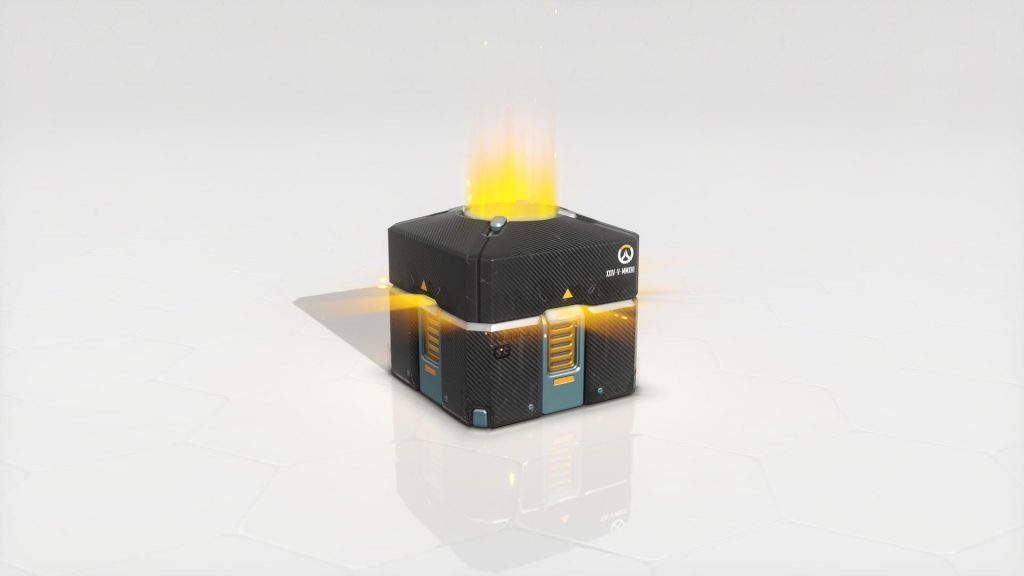Video Gamer is reader-supported. When you buy through links on our site, we may earn an affiliate commission. Prices subject to change. Learn more
Nintendo, Microsoft and Sony will implement a policy that will require publishers to state drop rate odds in games that use loot boxes as part of a console release agreement, (via GamesIndustry.biz).
At the Federal Trade Commission's Inside the Game workshop yesterday, the Entertainment Software Association's chief counsel of tech policy Michael Warnecke announced the new initiative. Since then, the ESA released an official statement on the commitment to inform consumer purchases and affirmed that, ‘The video game industry relies on creating and sustaining relationships with our players based on fun, but just as importantly on trust.’
The big three — Nintendo, Microsoft and Sony — will be ‘committing to new platform policies that will require paid loot boxes in games developed for their platforms to disclose information on the relative rarity or probability of obtaining randomized virtual items.’ These requirements will additionally apply to games that add a loot box feature in post-launch updates, and the drop rates must be displayed ‘in a manner that is understandable and easily accessed.’
The changes are planned for next year, and other publishers including Activision Blizzard, Bandai Namco, Bethesda, Bungie, Electronic Arts, Microsoft, Nintendo, Sony, Take-Two, Ubisoft, Warner Bros, and Wizards of the Coast have all endorsed the new policy.
Sony and Nintendo have now released statements on the new practices for publishers to adhere to, as reported by Eurogamer. ‘Sony Interactive Entertainment aims to ensure PlayStation users have access to information and tools, such as parental wallet controls, that will help them make informed decisions about in-game purchasing,’ the PlayStation representative explained. ‘We support industry efforts to disclose the probability of obtaining randomised virtual items, known as loot boxes, and are committed to providing consumers with this information for all games we produce and publish.’
The statement by Nintendo given to Eurogamer read similarly: ‘At Nintendo, ensuring that our customers can make informed choices when they play our games is very important. As part of our ongoing efforts in this area, Nintendo will require disclosure of drop rates in Nintendo Switch games that offer randomised virtual items for purchase, such as loot boxes. This requirement will apply to all new games and includes updates to current games that add loot boxes through in-game purchases. We also offer tools like our Nintendo Switch Parental Controls mobile app, which empowers parents to choose what works for their family, including managing in-game purchases and setting playtime limits.’
Loot boxes have increasingly become a point of contention in the games industry and with governmental authorities. According to the UK Gambling Commission, loot boxes are not a form of gambling but do violate gambling laws in Belgium, and the Netherlands gaming authority Kansspelautoriteit requires loot boxes to be ‘addiction sensitive.’ Games are taking steps to improve transparency over in-game purchases, for example, Rocket League will remove loot crates for an alternative system that tells players what will be unlocked in advance.
